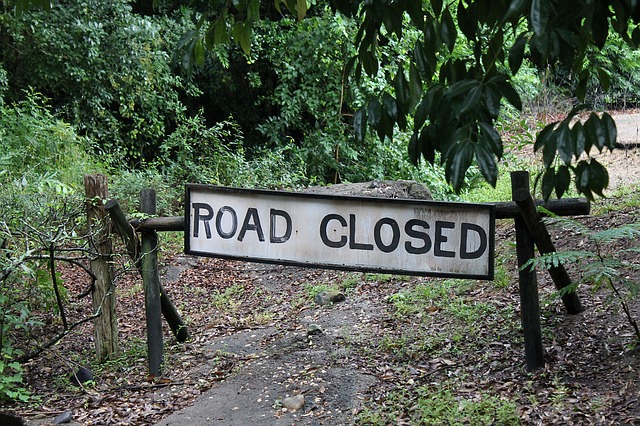Michigan Basketball, Ulysses S. Grant, and Theodore Roosevelt – what do they have in common? It all comes down to an ancient Roman philosophy, and a quote by Marcus Aurelius, “The impediment to action advances action. What stands in the way becomes the way.”
This quote is the inspiration for one of the most influential books I’ve ever read – Ryan Holiday’s The Obstacle is the Way – which is rooted in Stoic philosophy. The book highlights several individuals who used obstacles in their lives to their advantage, including Grant and Roosevelt.
This concept has tremendous implications in several areas of life – particularly sports. Just ask Pete Carroll. Or Joe Maddon. Or Shaka Smart. Ryan’s book has made an impact on several sports teams over the past few years because of the extremely relevant message it delivers.
The Obstacle is the Way touches on possibly the single most important point that separates average players from great players, and thus average teams from great teams.
The best teams welcome adversity. They understand that the inevitable obstacles on their way to success actually represent opportunities for them to grow. And they’re able to overcome this adversity to emerge on the other side – stronger and better because of the experience.
This idea is at the core of Stoic philosophy – You can’t control the situations you face, only your response.
The University of Michigan’s run in the 2017 Big Ten Basketball Tournament is a perfect example of this mindset.
Michigan came into the tournament as an 8 seed. They were expected to win their first round game, and then fall to top-seeded Purdue the next day.
But the trajectory of their season suddenly changed when the team plane tried to take off from Willow Run Airport the day before the first tournament game. It was a windy day, and a minor mistake violently threw the plane off of the runway, nearly costing the players and coaches their lives.
The players were forced to evacuate from the plane while it was leaking fluids and could theoretically blow at any moment. From the accounts taken on that day, it was a life changing experience.
And it left the players with a choice.
Less than 24 hours before tip off of their first game, they convened to decide whether they even wanted to play in the tournament any more. After being part of such a horrific scene, no one would’ve blamed them if they mailed it in.
But the team opted to play, and to actually use their hardship to their advantage.
Boarding another flight just hours before the game, and playing in their practice uniforms, Michigan came together like they never had before. They used this obstacle to gain a new perspective on life, and the game of basketball, and they came out on the other side looking like one of the best teams in the country. They went on to win the tournament, beating several higher ranked teams along the way, in what quickly became one of the most incredible sports stories of the year.
They became the lowest seed to ever win the Big Ten Tournament.
Now, I’m not saying that Michigan won the Big Ten tournament solely because of the plane crash. This was a very talented team with some excellent senior leadership that probably could have been dangerous in the tournament regardless.
But the fact remains that they came to a crossroads just a day before the biggest games of their season. They had the opportunity to succumb to the obstacle in their way, or to look for the opportunity hidden within that obstacle.
And they chose the later.
Ryan’s book is full of examples from history in which individuals, and groups of people, did incredible things because of the obstacles that were placed in front of them – not in spite of these obstacles.
Next time you run into a road block, or when something doesn’t go your way, remember that the obstacle in your life can actually be the opportunity you’ve been looking for.
The teacher that seems to have it out for you might be the best thing you could ask for. He gives you the opportunity to practice patience and to understand that the world isn’t always fair. The challenges you have in Math, or English, or wherever you struggle can give you the chance to learn how to work hard and build good study habits. Early struggles that your team goes through allow you to grow together.
Somewhere rooted in the hardships you’re facing is an opportunity for growth. You just have to have the courage to look.
-Brandon
